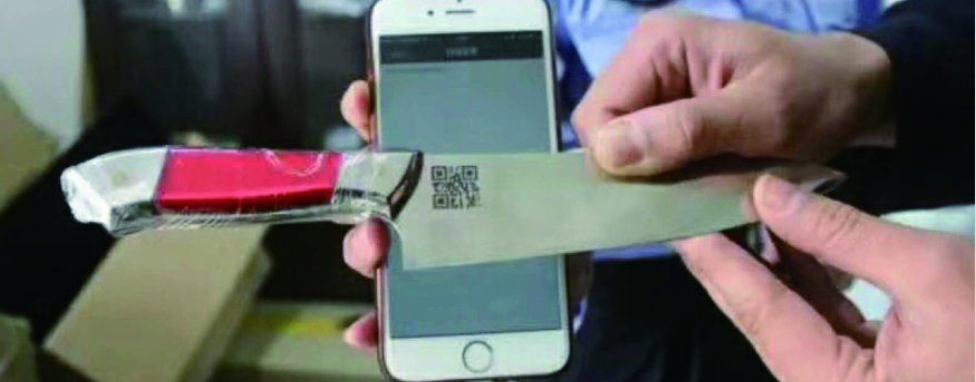Since 2014, as part of a nationwide crackdown on terrorism, the Xinjiang Uyghur Autonomous Region has seen a host of new restrictions over many facets of everyday life–from internet controls that surpass those in the rest of China to bans on any outward displays of Islamic religious belief, including the wearing of beards and veils or the use of qurans or prayer mats. In the run-up to the 19th Party Congress in Beijing, controls in Xinjiang are tightening further still. Some civil servants and other residents were not allowed to take the national “Golden Week” holiday last week in order to “prepare” for the congress. As far away as Shenzhen, hotels have been ordered not to accept guests from the predominately Muslim Uyghur ethnic minority group. Party leaders in one Xinjiang county have been ordered to send 40% of the population to reeducation through labor camps for exhibiting signs of “religious extremism,” according to a report from Radio Free Asia.
A new order, issued by neighborhood organizations, requires some Xinjiang residents to get all household knives stamped with an identifying QR code. One such order, issued in September, reads:
All residents:
According to the demands of present stability maintenance work, all neighborhood households’ cutting tools with blades exceeding 10 centimeters must have QR codes embossed on them. Scrap knives must be handed in for safekeeping. Pass this message on.
Zuo’anmingzhu neighborhood authentication time: September 9-10 2017 (two days)
https://twitter.com/lotus_ruan/status/917437006883540992
Knives longer than 10cm should be engraved with the owner's ID QR code & those not used be handed over in #EastTurkistan (#Xinjiang) pic.twitter.com/L2EUXe7MHt
— Uyghur Bulletin (@UyghurBulletin) October 9, 2017
On Twitter, China Law Translate notes a knife engraving requirement from January in Wensu County, Aksu, Xinjiang:
https://twitter.com/ChinaLawTransl8/status/917999254924414976
Translation by Josh Rudolph.








